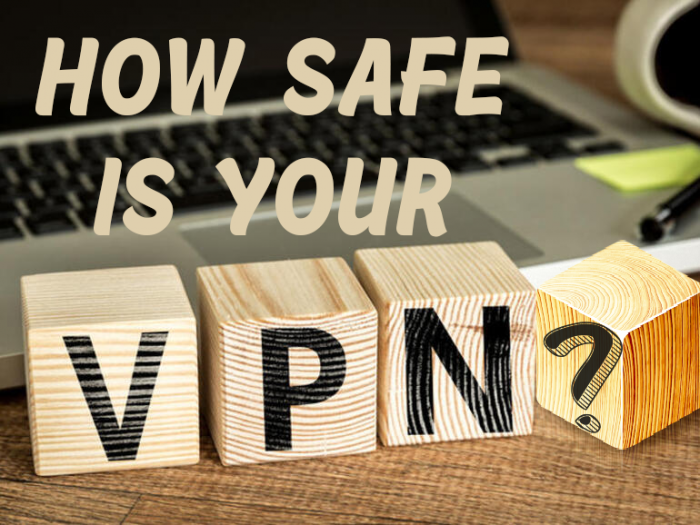No matter what you do online, you may hear about how Virtual Private Networks, known commonly as VPNs, are all the rage and supposedly out there to be protecting users from people trying to attack them. But these days, it turns out that even VPNs are being attacked by numerous cyberattackers – using another VPN service nonetheless. This means that they’re essentially attacking public and top name VPNs while using them, or another one, so they’re nearly impossible to trace the attacks back to. With that, we’re going to tell you what’s going on and why you may want to avoid VPNs.
Table of Contents
It’s More than Netflix
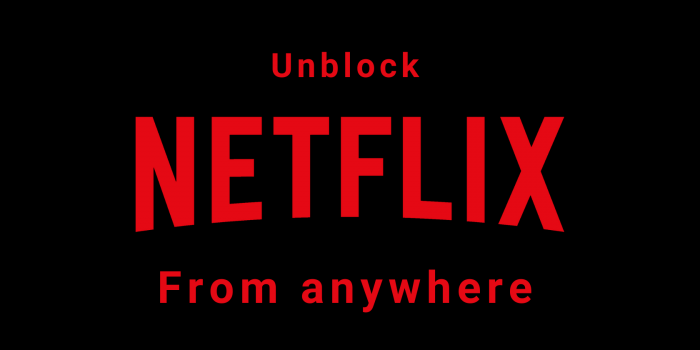
VPNs are great for unblocking streaming apps, but they can do a lot more than that.
One of the main reasons these networks were provided was to monitor your certain favorite places and even watch movies on services such as Netflix and virtually be in other countries. For example, all of the Harry Potter movies are available in England. Still, they’re not in the U.S. Therefore, by choosing a U.K. IP address on a VPN, you can virtually watch all of these, and you are not able to be monitored by Netflix themselves, as well as your local government, or even third parties.
1. Some Countries Ban VPNs
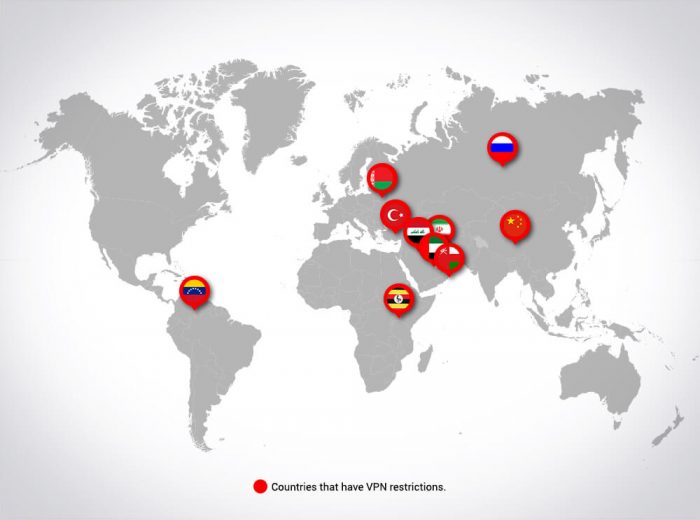
It’s true! Some countries ban VPNs to keep more control over what their populace is exposed to.
Believe it or not, there are some countries out there who ban VPNs. That’s because, for cybersecurity reasons, these services are considered illegal. You shouldn’t be using these services if they’re illegal in your country, or you can end up getting a nice hefty fine in the mail, or even worse, you could end up going to prison!
2. Performance Issues are More Common
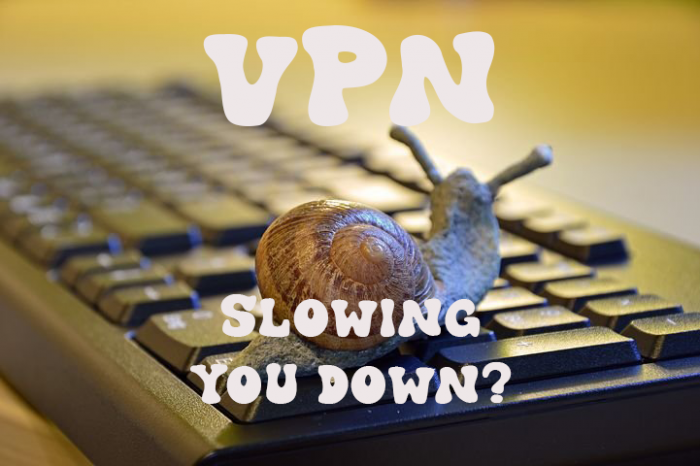
If your computer is running slowly and you’re using a VPN, it may be the culprit.
If you think you have lag right now, think about the lag you’re going to have when you’re connecting to a server that’s 40,000 miles away! All of what you send has to bounce off that server to connect to wherever you’re joining. For some streaming services and even social media, this can be a massive problem.
3. You are Being Watched
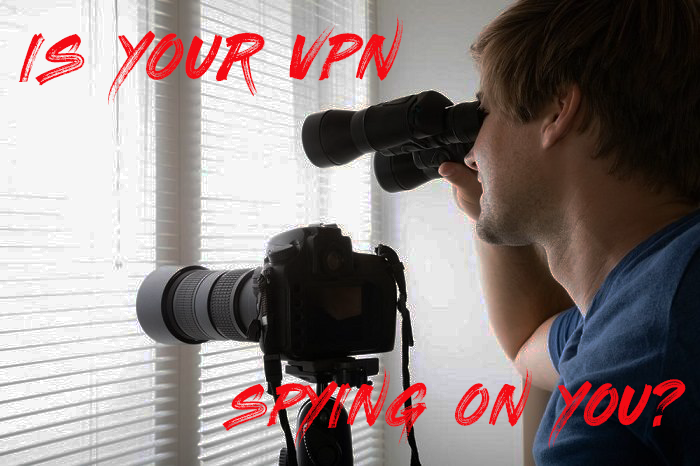
Your VPN may be spying on you, and there might not be anything you can do about it.
Most VPN service providers have disclaimers in place to share or distribute their user’s information to third parties… but you don’t know who these third parties are. On top of that, most of them do monitor and track your every bit of activity. So, while you think that you’re being a super-sleuth and protecting yourself, you’re putting yourself in danger. And then you have the fact that these agencies (especially a few of them out there) have had massive data breaches – putting millions of users’ information on the dark web and in jeopardy.
4. Business VPNs Are a Pain
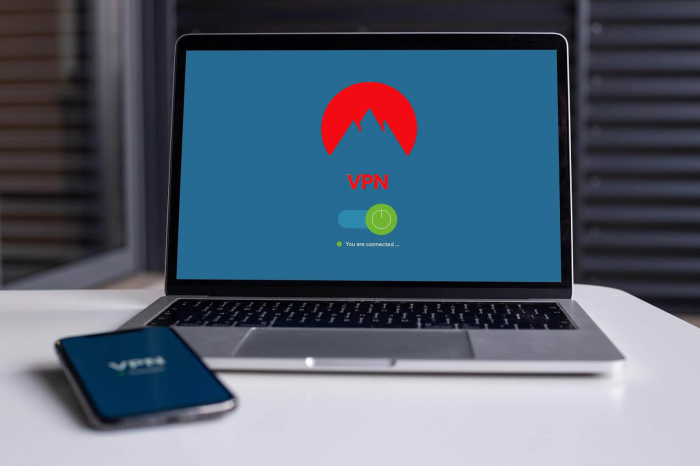
Adding a VPN to your business is not as easy as 1,2,3. It takes a lot of planning and configurations to get it right and avoid glitches.
Many small businesses are under the impression that their VPN service is easy to download and install. But there are many more things that need to be configured, from routers to hotspot routers and even the entire network. It’s just not worth the work – of course, if you feel you need one, your IT support technicians can get the job done. However, it’s more common for businesses to have their own private networks (and it’s more secure and professional) for their intranet pages and more. To use them, though, you’ll have to have special routers in place.
5. It Can Slow Down Networks
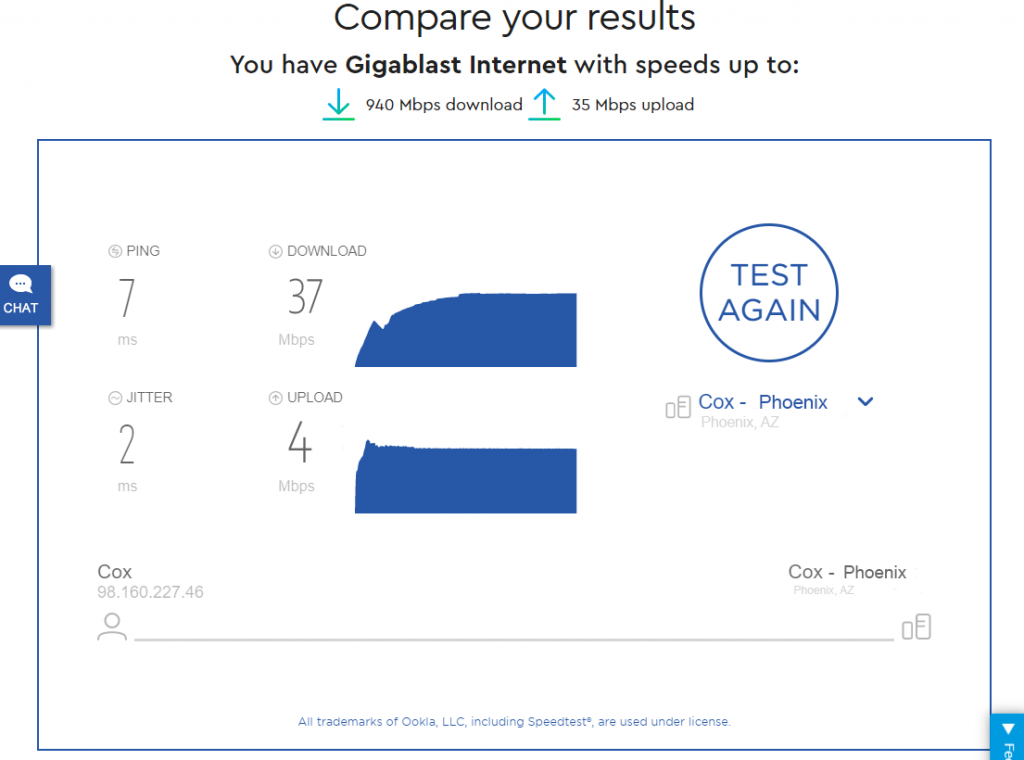
Your business VPN can undoubtedly affect your network speeds, especially if you’re running a VoIP phone system.
One of the most common problems is that with extra security in place, you can have connectivity problems, as mentioned above. If you need high-speed internet speeds, this can be a very severe problem when you’re knocked down to slower speeds. On top of this, VPNs do nothing to throttle bandwidth unless you have your systems directly set up to throttle the bandwidth appropriately between the different office devices. If you’re using a VoIP PBX system, you don’t want to throw a VPN in front of it – you need the highest speed possible to ensure higher quality calls.
What We Think
We’re used to setting up VPNs for local businesses, but it’s something that takes a lot of time and work to set up and tweak it to perfection. Whatever you do, you don’t want to end up going with a third-party VPN service outside of your local area. If you do, you run a higher chance of opening your business to more than just the latest security threats that could harm you, your business, customers, and data.

